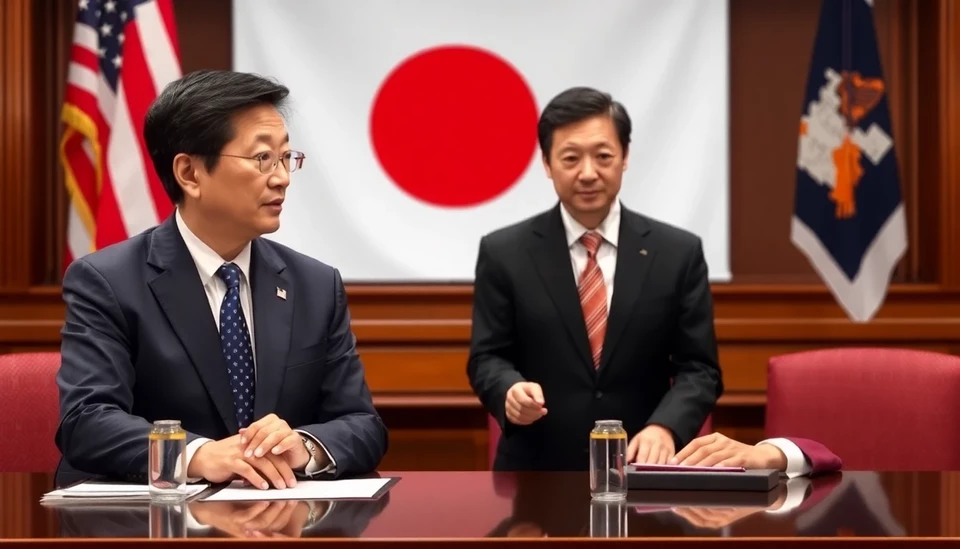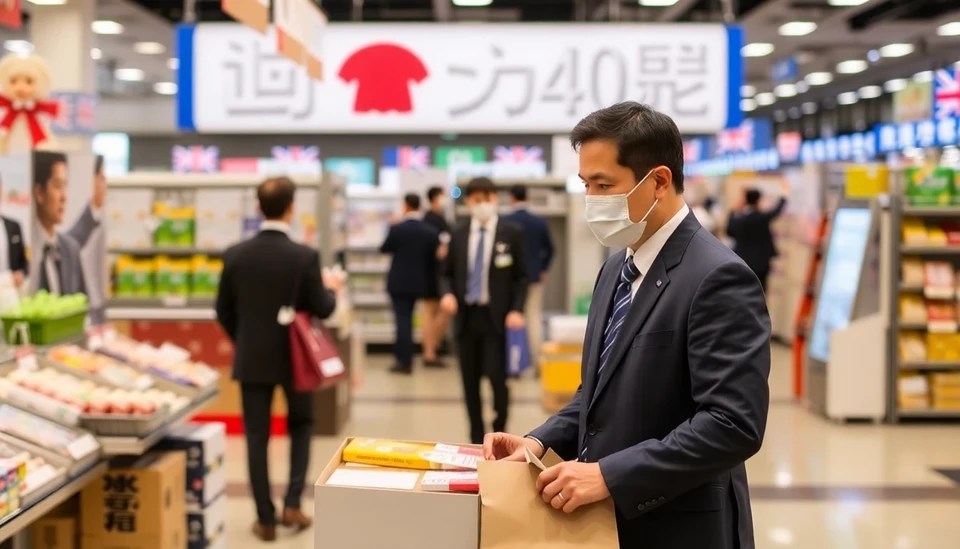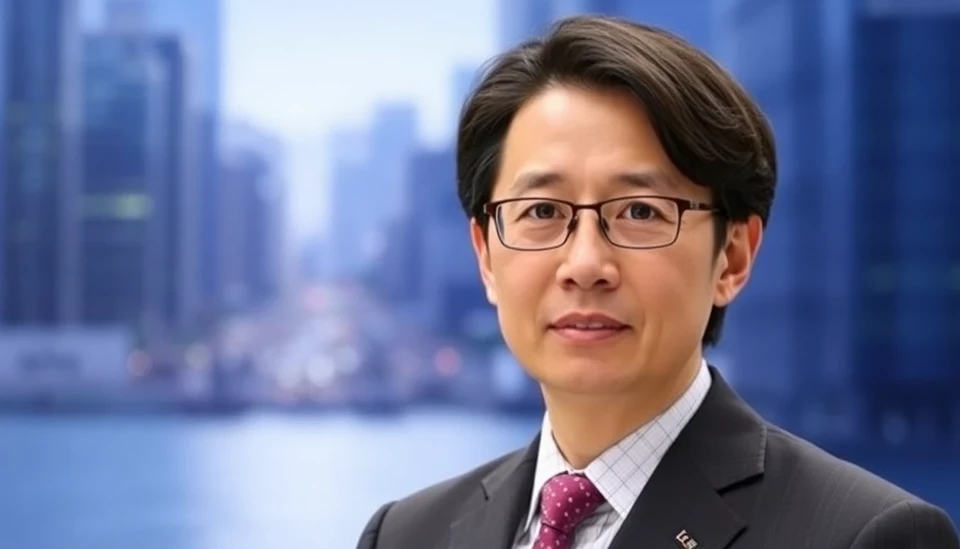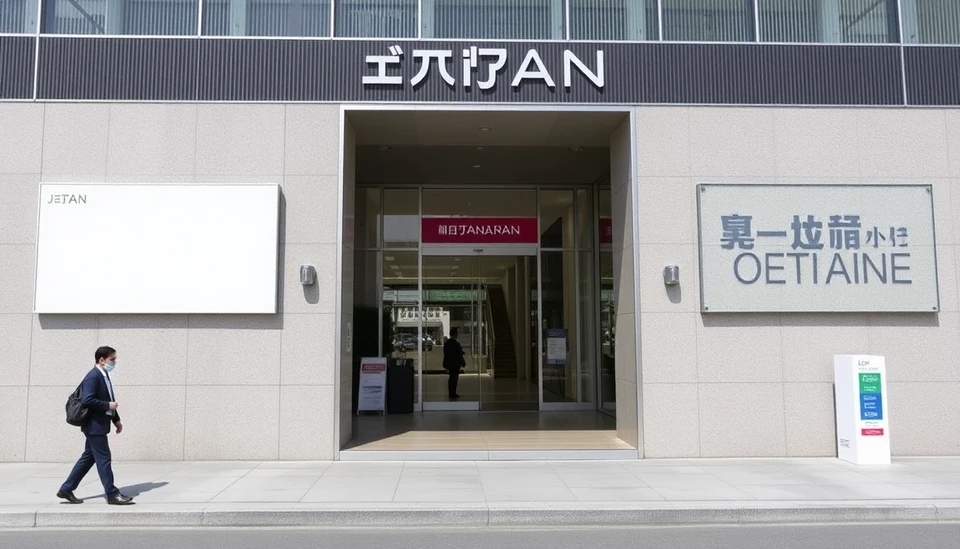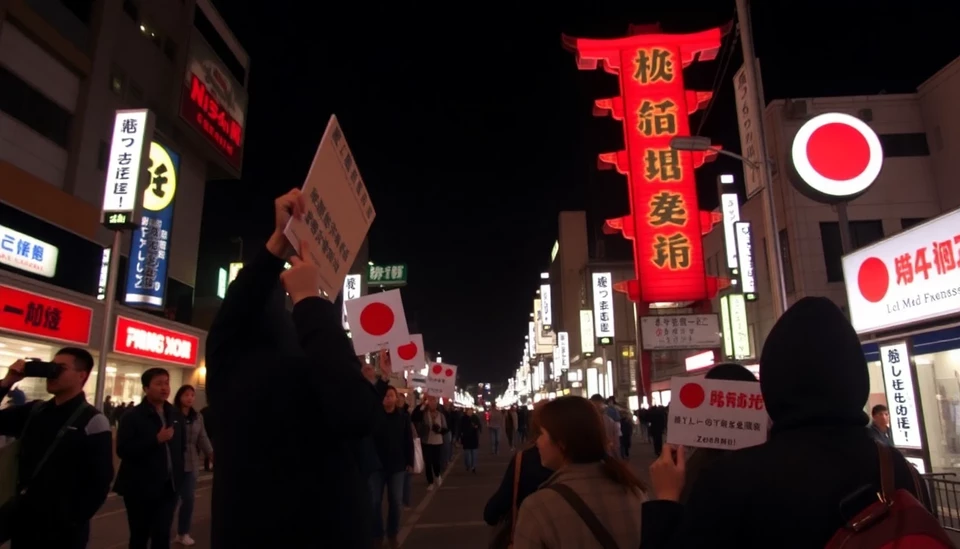
As Japan grapples with persistent inflation and economic uncertainties, the UA Zensen union, which represents a significant workforce in the textile and apparel sector, is making headlines by advocating for a continued wage increase strategy. The union's leadership is proposing to maintain a wage hike of 6% for the fiscal year 2025, echoing similar demands made during recent negotiations.
In 2023, the union successfully secured a notable wage increase amidst Japan's evolving economic landscape, driven primarily by rising costs of living and inflationary pressures. The organization aims to build on this momentum by pushing for another significant wage adjustment in the coming year, underlining the urgency of the issue as workers face rising prices for goods and services.
Labor unions across Japan are witnessing a resurgence of momentum, with more workers expressing their desire for better compensation in light of surging living expenses. Notably, UA Zensen's call for a sustained wage increase highlights the growing trend among labor groups in Japan to address the challenges posed by inflation, which has become a critical point of concern for many citizens.
The union emphasizes that its push for a 6% wage increase is not merely a response to current inflation rates, but part of a broader strategy to enhance workers' quality of life and bolster the overall economic framework of Japan. The leadership argues that without adequate wage increases, many workers may struggle to make ends meet, which could hamper consumer spending and, ultimately, the country’s economic recovery.
Negotiations between employers and labor unions are expected to heat up as the target date for discussions approaches. The union's commitment to maintaining pressure on policymakers and corporate leaders reflects an understanding that sustained economic health relies on fair compensation for workers. UA Zensen’s initiatives are seen as crucial to transforming Japan's labor market, which has frequently been criticized for its stagnation in wage growth over the past decades.
The outlook for 2025 remains uncertain, and various factors — including global economic conditions, domestic policies, and market dynamics — could influence the final outcome of the wage negotiations. Yet, the resolve shown by the UA Zensen union and its members signals a pivotal moment for labor movements across the nation, setting a powerful precedent for future wage discussions.
As UA Zensen prepares for the upcoming negotiations, all eyes will be on the union's ability to rally support from its members and demonstrate the pressing need for wage reforms within the broader context of Japan's economic narrative. The implications of these discussions will not only impact the textile sector but could resonate throughout the entire country's labor market.
#Japan #Wages #LaborUnion #Inflation #EconomicRecovery #UAZensen
Author: Daniel Foster
